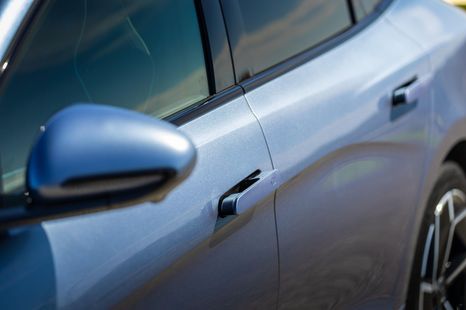

Damion Smy
ANCAP calls for Australian ban on door handles used by Tesla, BYD and others
43 Minutes Ago

News Editor
General Motors says its new Ultium battery technology is capable of a total electric range of 724km, while Ultium-powered vehicles will be profitable from the first generation.
The American automaker previously claimed a total range of 643km for its battery technology, which it’s co-developing with Korean battery manufacturer LG Chem.
“GM’s EV development times are speeding up and costs are going down rapidly, so we expect our Ultium EV programs to be profitable from the first generation on,” said Doug Parks, GM executive vice president of global product development, purchasing and supply chain management.
The company also says it projects its second-generation Ultium battery packs will boast twice the energy density and cost 60 per cent less by 2025, bringing GM’s EVs closer to price parity with internal combustion engine-powered vehicles.
Development of the second-generation batteries is already in the prototype stage and they’ll go into production by mid-decade.
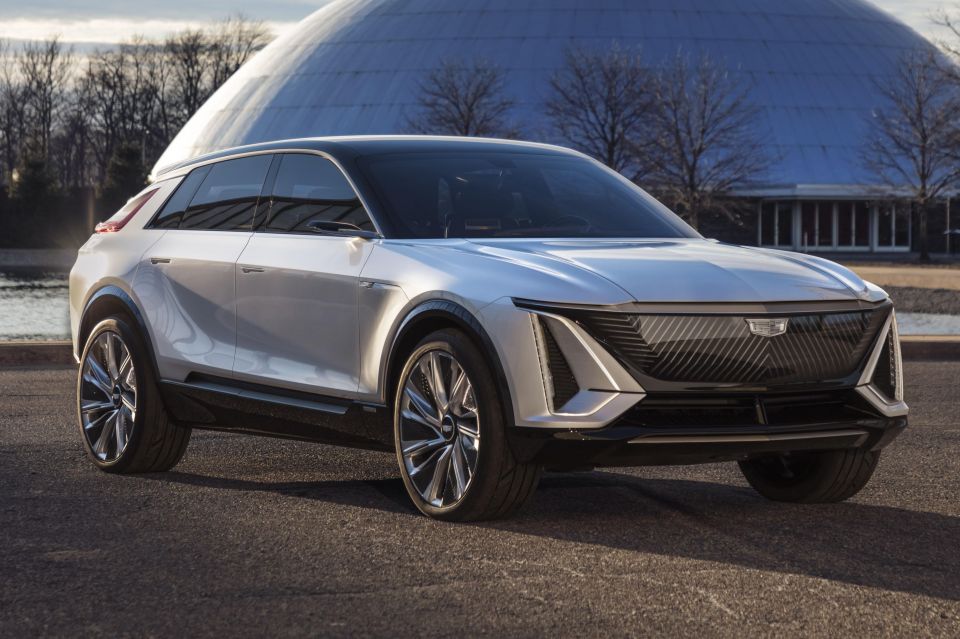
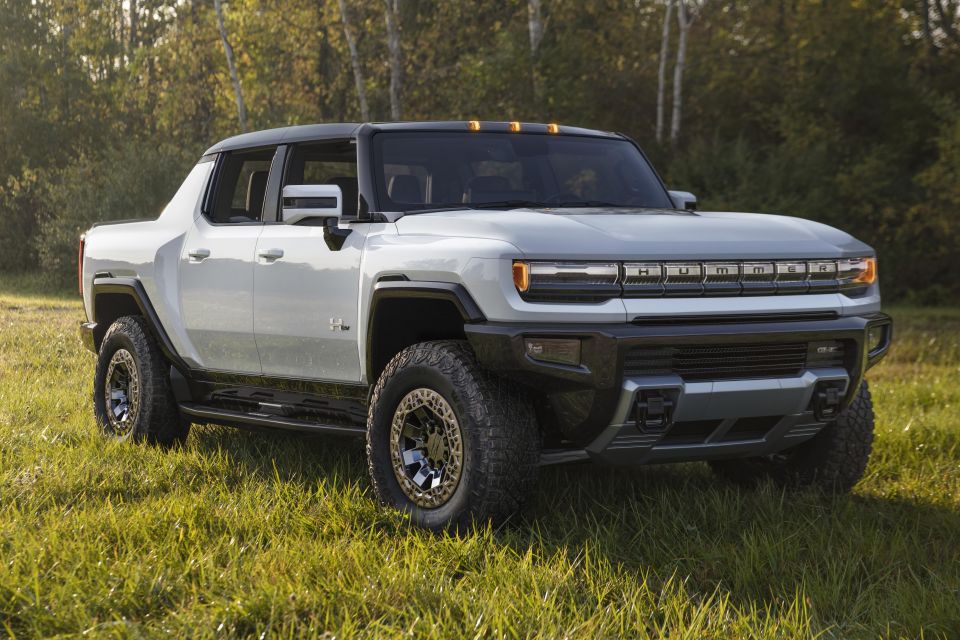
GM has yet to release any models with its first-generation Ultium batteries, though its GMC Hummer EV range will begin its rollout next year and the Cadillac Lyriq will follow in early 2022. It’ll release a total of 30 new EVs by 2025.
The first-generation tech is already 40 per cent cheaper to produce than the batteries used in the Chevrolet Bolt, currently the company’s only EV on the US market.
The automaker says its second-generation technology will be cheaper to produce as it boasts “better integration [with] vehicles”, with fewer cells and modules, less expensive cathodes, and reduced active material.
The company will break ground on a new Battery Innovation Lab and Manufacturing Technology Center, to which the development of the next-generation battery chemistry will be shifted from a lab at GM’s Global Technical Center in Warren, Michigan.
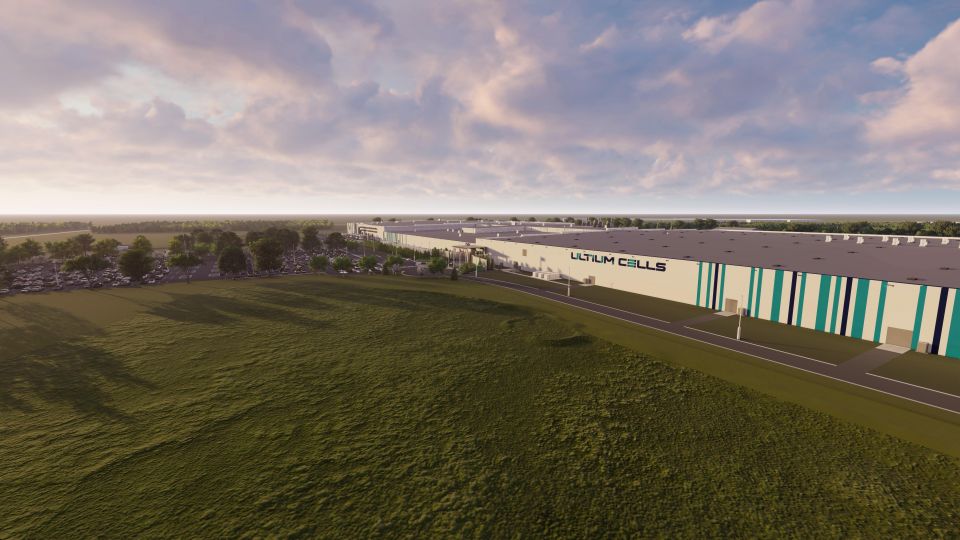
GM and LG Chem established a joint venture last year called Ultium Cells LLC and broke ground earlier this year for a new facility in Ohio near GM’s old Lordstown plant that’ll produce batteries.
Their partnership had its first major hurdle in recent months, with GM forced to recall 68,667 Chevrolet Bolts as their LG Chem-supplied batteries posed a fire risk.
GM says it’s exploring third-party licensing for its EV architecture and batteries, as well as its Hydrotec fuel cell technology that it’s developed with Honda.
Honda is already co-developing two electric vehicles with GM that will go on sale in 2024. The Japanese automaker will also get access to GM’s Super Cruise hands-free driving technology.
GM is also hiring 3000 electrical system, infotainment and controls engineers as well as Java, Android and iOS developers.
Go deeper on the cars in our Showroom, compare your options, or see what a great deal looks like with help from our New Car Specialists.
William Stopford is an automotive journalist with a passion for mainstream cars, automotive history and overseas auto markets.


Damion Smy
43 Minutes Ago
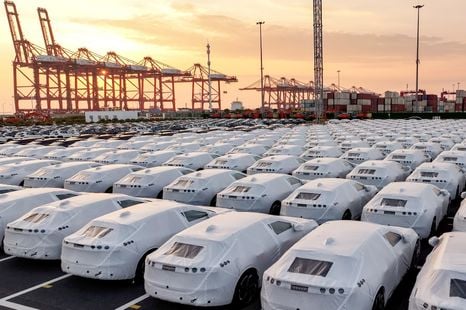

Ben Zachariah
1 Hour Ago
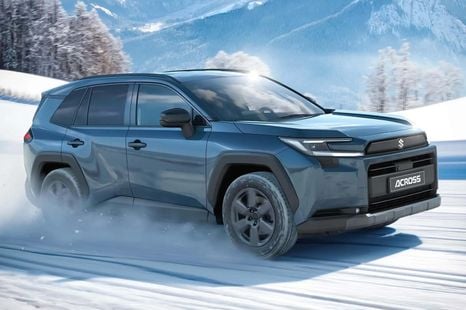

Damion Smy
2 Hours Ago
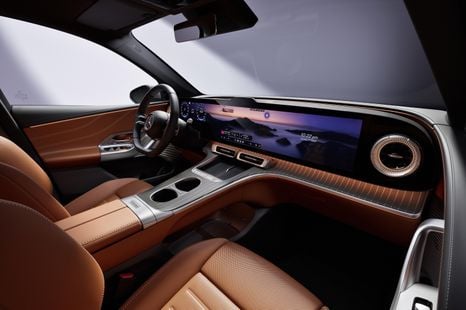

William Stopford
2 Hours Ago
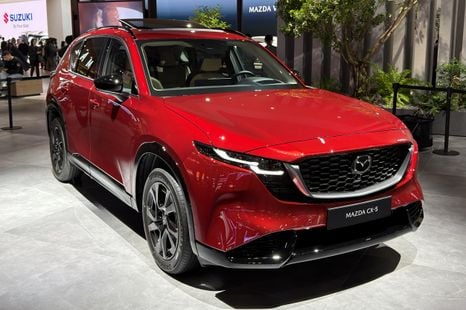

William Stopford
4 Hours Ago
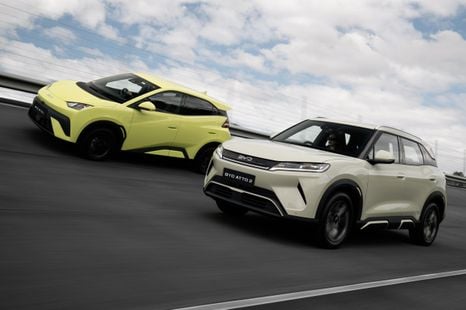

William Stopford
5 Hours Ago
Add CarExpert as a Preferred Source on Google so your search results prioritise writing by actual experts, not AI.